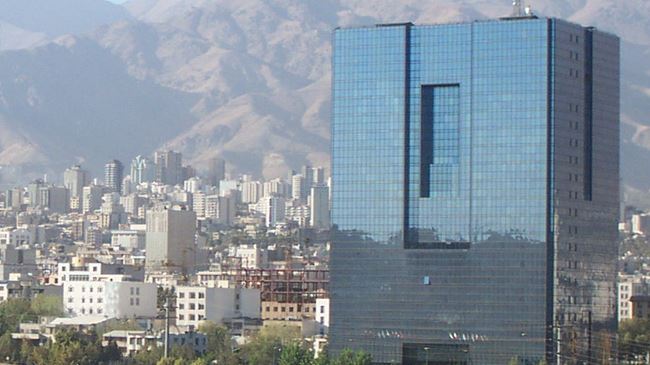Baku, Azerbaijan, April 25
By Farhad Daneshvar – Trend:
While Iranian government officials have put in a great deal of effort to tackle the recent monetary crisis, the administration's new monetary policies have become under fierce criticism.
Iran’s First Vice President Eshaq Jahangiri unveiled on Monday an online system which enables the country’s exporters to sell hard currency they obtained from international trades to the country’s banking system.
The online system namely "NIMA" came amid the recent efforts to renovate Iran’s foreign currency system via managing domestic foreign currency market and reinforcing exports.
Following the recent currency fluctuations in the country which saw the greenback trading at 62,000 on the unregulated market (an increase of 20 percent within two days), the government decided to increase the official rate of the national currency, rial, against the US dollar, setting the official rate at 42,000 rials on April 12.
Eshaq Jahangiri earlier announced that the administration has ratified a 16-article instruction to address new policies to be applied in the foreign trade, including import regulations in free zones and some tax exemptions for exporters.
Under the new regulations, Iranian importers must officially register their purchase orders on Iran Trade Promotion Organization's official online platform. In the meantime, the importers are required to get their hard currency for trade exclusively from the banking system.
During a parliamentary open session on Sunday, MP Amir Khojasteh questioned the new government regulations' competency and urged Economy Minister Masoud Karbasian to explain the methods the government used for the recent 15 percent devaluation of the national currency.
"Mr. Karbasian must explain who they obtained the formula for increasing the rate of the currency by 15 percent and offering it at 42,000 rials," Khojasteh said.
Elaborating on the decision, Karbasian replied that the new regulation would facilitate supplying currency to producers.
However, the minister’s explanation failed to convince the lawmakers as a large group of producers and merchants claim that the government has failed to provide them with the greenback at the announced official rate of 42,000 rials.
"So far, no importer has managed to register an import order using the dollar at the rate of 42,000 rials," a senior member of Iran trade chamber, Mohammadhossein Barkhordar told ISNA news agency.
Earlier on April 21, Iranian President Hassan Rouhani implicitly said that the country’s recent monetary policy seeks to rule out the possible implications of an expected decision by the US President Donald Trump on leaving the nuclear deal.
Speaking about the May 12 deadline, on which US President Donald Trump must sign a presidential waiver on sanctions on the Islamic Republic, Rouhani said that the recent monetary policy would rule out the possibility of creating chaos in the domestic market if the US decides to walk away from the nuclear deal.
"They [Americans] have cherished all hopes that they would disturb [Iran’s] domestic market in case of taking a step against the Iranian nation on May 12 [leaving the nuclear deal]," the president said.
Coming to Tehran streets, there are reliable reports suggesting that people still trade the greenback and other foreign currencies on the black market at higher rates, a strong singe indicating the possible failure of the system to lure exporters.
Therefore, the success of the new regulation remains open to serious doubts as the government and security officials have failed to fully eliminate the "black market".
Over the recent days, the government’s new monetary policies have become under fierce criticism.






